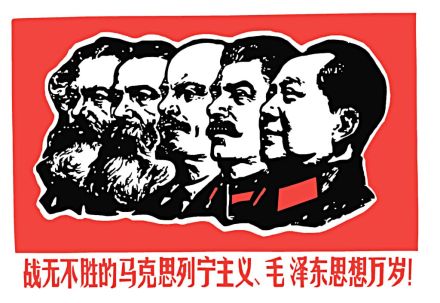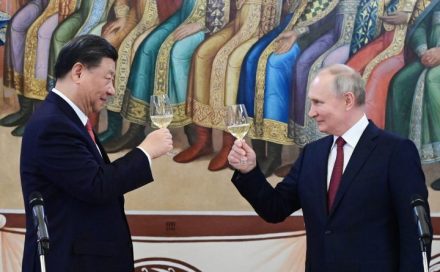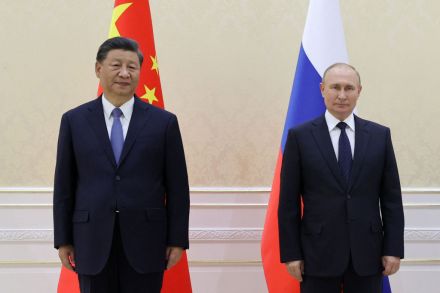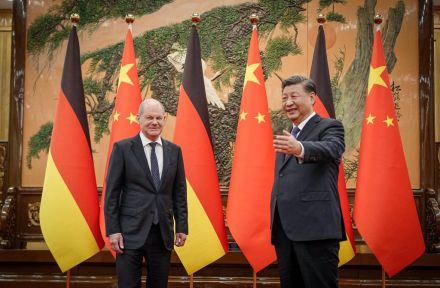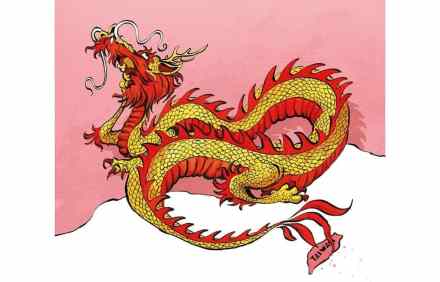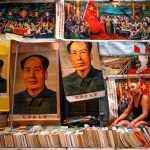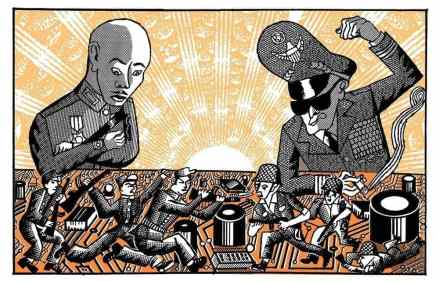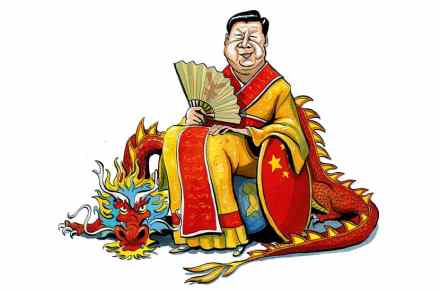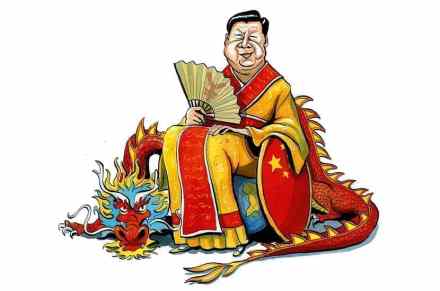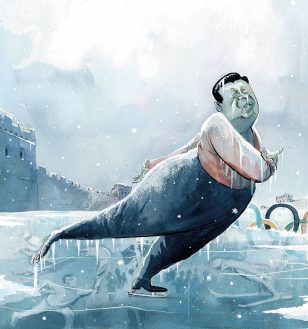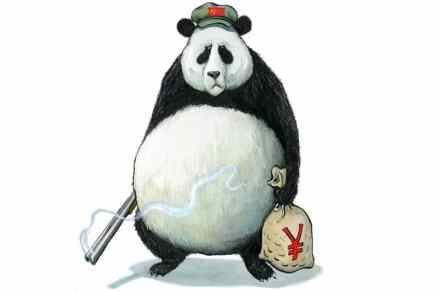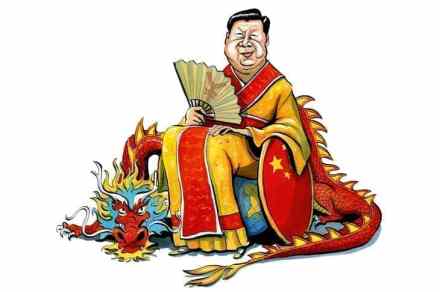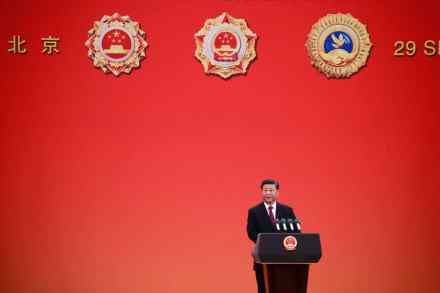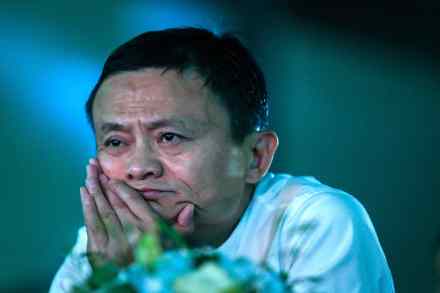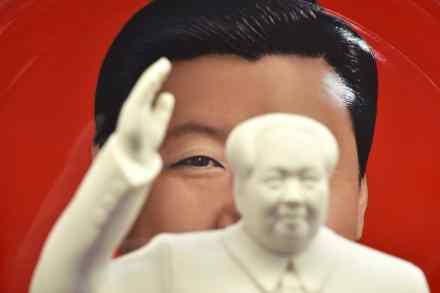Xi Jinping is acting like Stalin
The General Secretary of China’s Communist Party is a different kind of leader. Now in his third five-year term, Xi Jinping believes that time is running out for him to secure his legacy as Mao Zedong’s true successor. He spent a decade dismantling the technocracy and politburo consensus government ushered in by Deng Xiaoping after Mao’s death, rolled back the authority of local party nomenklatura in favour of more centralised control from Beijing, and worked to subordinate China’s economy to the Communist Party’s (meaning Xi’s) political priorities. In abandoning the ‘to get rich is glorious’ social contract of the post-Tiananmen Square era, Xi has come to bury Deng and not
